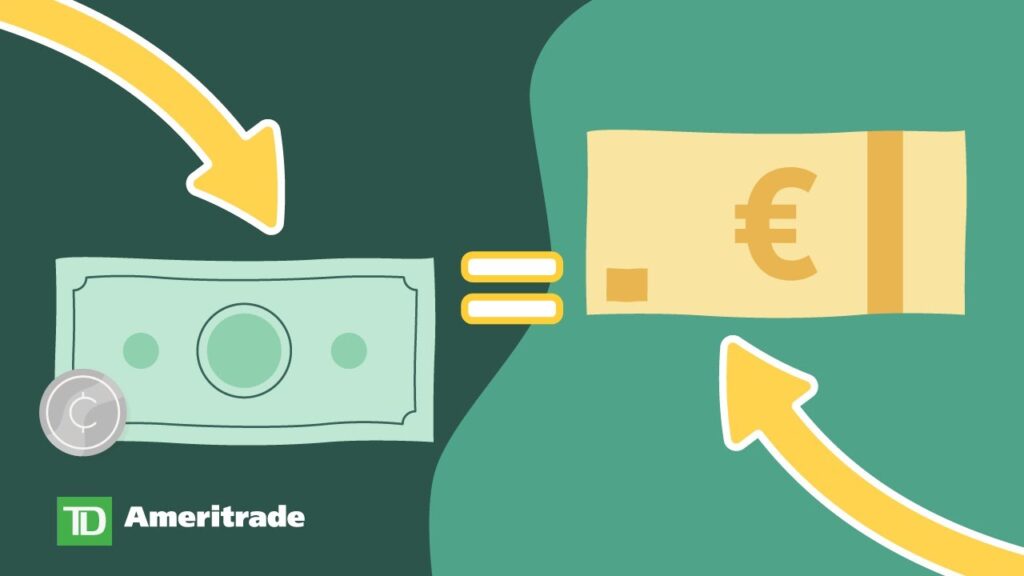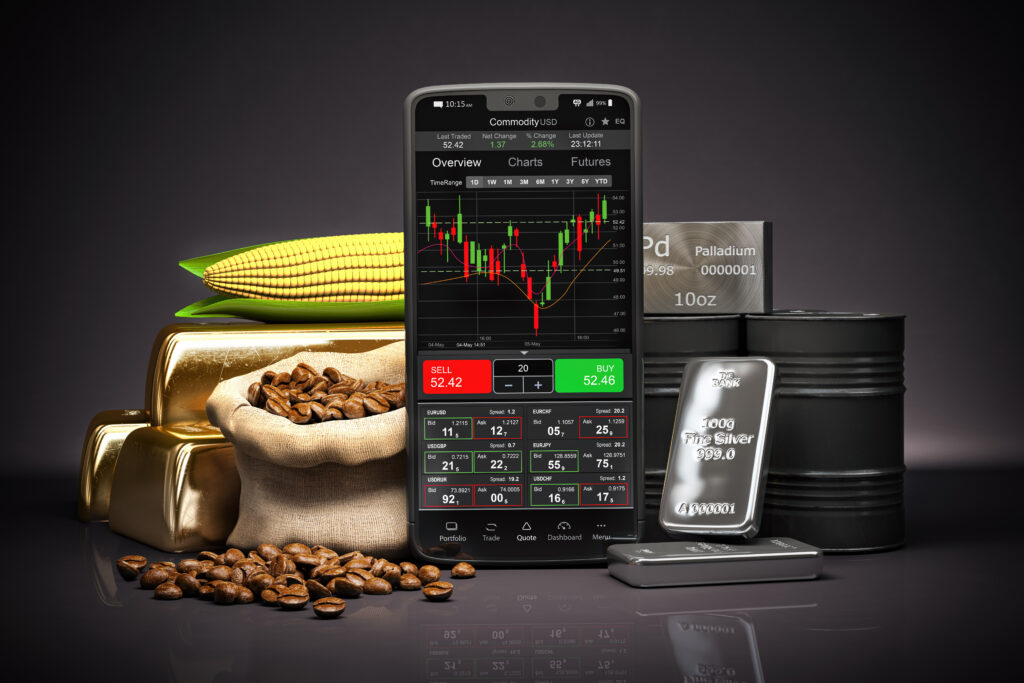Introduction
In the ever-evolving landscape of global luxury real estate, there exists a dynamic interplay between property investments and the forex markets. This symbiotic relationship is not just fascinating but also incredibly influential, shaping the way investors, developers, and real estate enthusiasts approach the world of opulent properties. In this comprehensive study, we delve into the intricate connections between forex markets and global luxury real estate trends, focusing on investment flows, property hotspots, and the currencies of key countries involved.
Understanding Luxury Real Estate Trends
Before we explore the influence of forex markets, it is essential to comprehend the current trends in the global luxury real estate market. Luxury real estate is characterized by properties that are not only high in value but also offer exceptional features, locations, and exclusivity. These properties cater to the discerning tastes of wealthy individuals and investors seeking both prestige and financial returns.
Investment Flows and Capital Migration
In the intricate world of luxury real estate, the movement of significant capital across international borders is a defining characteristic. The decision of wealthy individuals and institutional investors to explore opportunities in foreign luxury real estate markets entails a complex interplay of financial considerations, one of which revolves around the foreign exchange (forex) markets. These markets, which determine currency exchange rates, play a pivotal role in shaping the landscape of luxury real estate investments. Let’s delve deeper into the dynamics of investment flows and capital migration in the context of luxury real estate.
Currency Valuation Effects
The currency exchange rate between the investor’s home currency and the currency of the host country where the luxury property is located is a critical factor that directly influences investment decisions. Fluctuations in exchange rates can substantially impact the overall returns on luxury real estate investments.
When a local currency is strong relative to the investor’s home currency, it can make foreign properties more affordable and appealing. This phenomenon occurs because the investor’s home currency can buy a greater amount of the host country’s currency, reducing the effective cost of the property. For instance, if the U.S. dollar strengthens against the euro, European investors may find it increasingly enticing to invest in U.S. luxury properties. In this scenario, they can acquire these properties at a more favorable exchange rate, potentially yielding higher returns when they eventually decide to sell.
Conversely, a weaker local currency can act as a deterrent to potential investors. When their home currency has depreciated against the host country’s currency, the effective cost of the luxury property increases, potentially making it less attractive. Investors may be hesitant to commit to an investment that could result in a loss when converting their returns back to their home currency.
Safe-Haven Currencies
In times of economic uncertainty, geopolitical instability, or global financial turbulence, certain currencies gain recognition as safe havens for investors seeking to preserve their wealth. These safe-haven currencies are characterized by their stability, liquidity, and historically reliable performance during challenging times. The U.S. dollar, Swiss franc, and Japanese yen are prime examples of currencies that are often sought after by global investors as safe havens.
During periods of economic upheaval or crisis, investors tend to flock to these currencies, driven by a desire to protect their assets from devaluation or loss. This flight to safety can lead to significant appreciation in the value of safe-haven currencies. Consequently, these currency dynamics can profoundly impact the luxury real estate market.
Investors may redirect their capital into luxury real estate markets denominated in safe-haven currencies, viewing them as a more stable and secure store of value compared to other investment options. As a result, luxury real estate markets in countries where these currencies are used may experience heightened demand during times of uncertainty. The inflow of capital seeking refuge in luxury properties can lead to increased property prices and investment activity.
The movement of capital and investment flows in luxury real estate is a multifaceted process that extends beyond the physical acquisition of properties. The exchange of currencies, influenced by currency valuations and safe-haven considerations, is a pivotal component of this process. Understanding these currency-related dynamics is essential for investors, as they navigate the global luxury real estate landscape and make informed decisions that can impact their investment returns and overall portfolio stability.
The interplay between forex markets and luxury real estate is a dynamic and ever-evolving phenomenon, shaping the choices and opportunities available to those seeking to engage in this prestigious realm of real estate investment.
Property Hotspots and Investment Trends
Within the intricate tapestry of luxury real estate markets, certain regions emerge as hotspots, driven by a delicate interplay of factors that include location, economic stability, and lifestyle appeal. These property hotspots are dynamic and continuously evolve, drawing a diverse array of international investors, each with their unique currencies in tow. To fully grasp the relationship between these luxury property havens and the forex markets, it is essential to explore the nuances of property investment trends.
Emerging Markets and Exchange Rate Opportunities
Luxury real estate investors with an appetite for substantial returns often cast their gaze toward emerging markets. These regions, characterized by their growing economies and evolving real estate landscapes, present enticing investment prospects. Several factors contribute to the appeal of emerging luxury real estate markets:
- Lower Property Values: Emerging markets frequently offer luxury properties at relatively lower price points compared to established luxury destinations. This affordability can be an attractive draw for investors looking to enter the luxury real estate market without committing to exorbitant capital.
- High Appreciation Potential: The potential for property value appreciation in emerging markets can be remarkably high. As these markets mature and develop, the demand for luxury properties often outpaces supply, leading to robust appreciation rates over time.
- Exchange Rate Opportunities: Forex markets play a pivotal role in enhancing the profitability of investments in emerging luxury real estate markets. When a local currency appreciates against the investor’s home currency, it can significantly amplify profits. Savvy investors closely monitor exchange rates, timing their investments to maximize returns.

For example, if a European investor acquires a luxury property in an emerging market where the local currency strengthens against the euro, the appreciation in the property’s value combined with favorable currency movements can result in substantial gains.
Major Cities and Currency Trends
Contrasting with emerging markets, major global cities such as New York, London, Hong Kong, and Dubai have consistently held magnetic allure for luxury property investments. These cities serve as hubs of international finance and commerce, drawing affluent investors from around the world. Currency trends in these urban centers have a profound influence on investment decisions within the luxury real estate sector.
- Prime Locations: Major cities offer prime locations and urban lifestyles that appeal to a global elite. Iconic landmarks, cultural vibrancy, and economic opportunities converge in these metropolitan areas, making them prime destinations for luxury property acquisitions.
- Currency Trends: Currency movements within major global cities can significantly impact the luxury real estate market. Investors scrutinize exchange rate fluctuations, recognizing their potential to either enhance or erode the returns on their investments.
Consider a scenario where a high-net-worth individual from Asia contemplates investing in luxury real estate in London. If the British pound experiences a period of depreciation against the investor’s home currency, it may present an opportune moment to enter the London real estate market. A weakening pound can effectively lower the property’s purchase price when converted into the investor’s currency, potentially making the investment more attractive.
In conclusion, property hotspots and investment trends within the luxury real estate market reflect the diverse and dynamic nature of this segment. Emerging markets entice investors with the promise of high returns and exchange rate opportunities, while major global cities offer prime locations and urban lifestyles. The currency trends in these markets can sway investor decisions, highlighting the intricate connection between luxury real estate and the forex markets. As investors navigate this complex landscape, they must weigh the ever-evolving factors that shape their investment strategies in pursuit of both prestige and financial gain.
Read our article on Global Fashion Industry

The Role of Key Currencies
Conclusion
The interplay between forex markets and global luxury real estate trends constitutes a complex and multifaceted phenomenon that holds profound implications for investors, developers, and enthusiasts in the world of opulent properties. Investment flows, property hotspots, and key currencies each contribute to the intricate tapestry that defines the luxury real estate landscape, and their interdependencies are too significant to be ignored.
As we have explored in this comprehensive study, the relationship between luxury real estate and forex markets is both intricate and influential. The movement of capital across borders, driven by the pursuit of prestige and financial returns, is intrinsically tied to fluctuations in exchange rates. Currency valuations, safe-haven currencies, and emerging markets all play pivotal roles in shaping the decisions of investors and the fortunes of luxury real estate markets worldwide.
Property hotspots, whether emerging or in established global cities, create focal points of luxury real estate activity. These hotspots are where economic stability, location allure, and lifestyle appeal converge to draw international investors, each introducing their own currencies into the mix. Emerging markets offer opportunities for significant returns, while major cities provide the stability and vibrancy that attract high-net-worth individuals and institutional investors alike.
Key currencies, such as the U.S. dollar, euro, Chinese yuan, and Swiss franc, are linchpins in the luxury real estate market. Their economic strength, political stability, and historical significance elevate them to positions of prominence, driving investment decisions and market dynamics in their respective regions.
As we look ahead, it is clear that the world of opulent properties and global currencies will remain deeply intertwined. For investors and developers, understanding the ever-evolving dynamics between forex markets and luxury real estate trends will be imperative for making informed, strategic, and profitable decisions. This real estate revolution offers both challenges and opportunities, and those who possess the knowledge and insight to navigate this intricate terrain stand poised to thrive in a world where luxury real estate and global currencies continue to shape each other’s destinies. I
In the nexus of wealth, aspiration, and investment, the allure of luxury real estate will persist, forging new paths and possibilities for those who dare to venture into this captivating realm.
Read our latest article on Global Art Trade
FAQs


